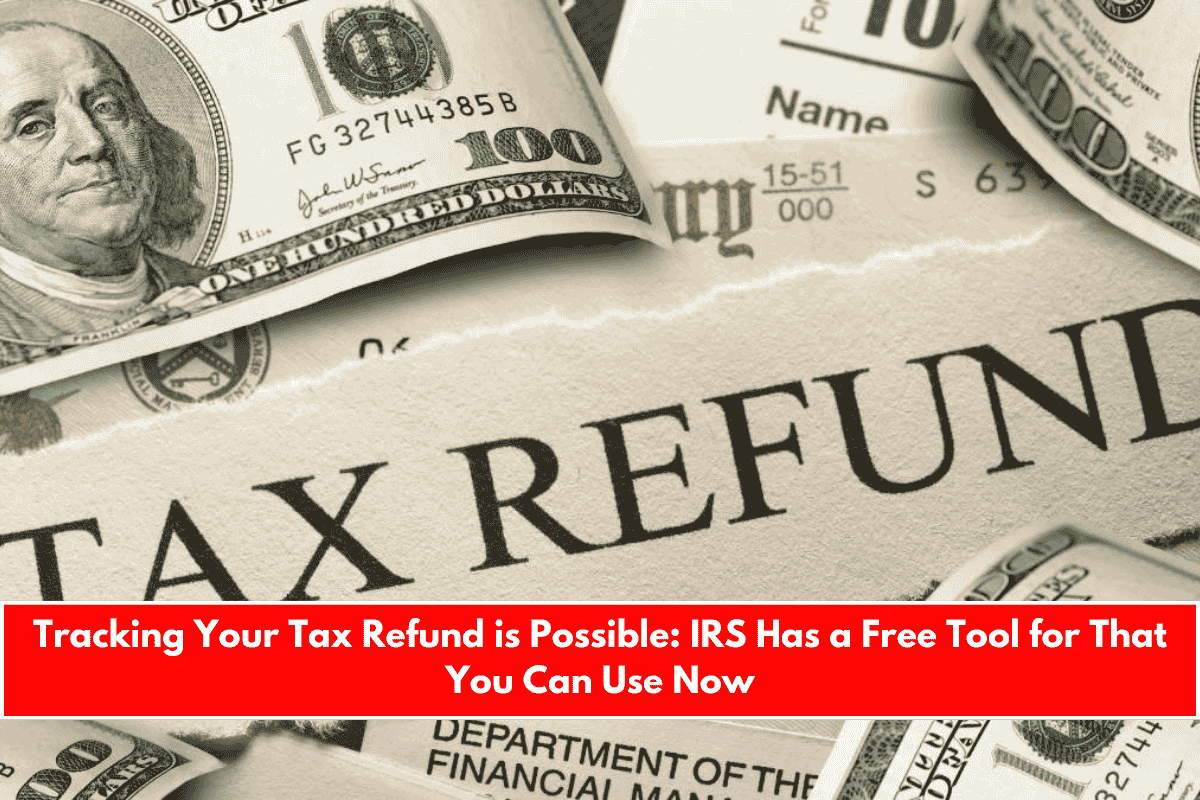The Internal Revenue Service (IRS) has notified American taxpayers of the approaching deadline for declaring transactions involving digital assets such as cryptocurrencies, non-fungible tokens (NFT), and stablecoins. These assets are taxable, and it is time to learn more about them so that you do not run into problems with the federal tax agency.
The deadline, which is in less than ten days, applies to those who operated during the previous fiscal year. The entity remembers that these assets are treated as financial assets, like stocks or real estate, rather than traditional currencies.
Repeal of regulations on DeFi brokers: end to a long tax controversy
The controversial DeFi broker rule, implemented during the Biden administration, has been officially withdrawn. Critics argued that requiring decentralized platforms to report gross revenue and user data stifled industry innovation. Its elimination relieves participants of specific reporting obligations while still requiring them to report profits or losses from individual transactions.
As the expiration date approaches, the IRS recommends a review of all digital asset operations in 2023. This includes sales, exchanges, payments, and mining. Failure to do so could result in fines or audits. The entity emphasizes that, while the DeFi standard is no longer applicable, taxpayers are directly responsible for reporting, not intermediaries.
Taxable digital assets: The IRS explains what you need to know
Cryptocurrency transactions, including Bitcoin, Ethereum, and Pi Network, must be declared. Even non-profit operations, like transfers between personal wallets, require registration. The IRS uses advanced blockchain tracking tools to detect inconsistencies, so completing forms correctly is critical to avoiding penalties.
The 2023 tax returns include questions about digital assets on forms 1040, 1040-SR, and 1040-NR. These appear at the start of the documents and require a mandatory response (“yes” or “no”), regardless of whether there was activity. Experts recommend keeping detailed records of transactions, including dates, amounts, and counterparties, to back up the information submitted.
CoinTracker and Koinly offer automated services to consolidate transactions across exchanges and wallets. Due to the complexity of DeFi or NFT operations, the IRS recommends manual data validation. Tax advisors with expertise in cryptoassets can help ensure regulatory compliance is accurate.
Fines can be thousands of dollars if you do not declare your digital assets
The IRS has strengthened its involvement in the sector through collaborations with technology companies and automated audits. Those who fail to file may incur fines ranging from 5% to 25% of the total outstanding, as well as cumulative interest. In serious circumstances, allegations of fraud or evasion apply, with criminal consequences. They caution that transparency is the only way to prevent conflicts.
Stablecoins are linked to fiat currencies, but their use for lending, staking, or yield farming results in reportable obligations. NFTs must be declared if sales surpass $600, following same requirements as artistic properties. The treatment differs depending on whether they are made, purchased, or sold commercially.















